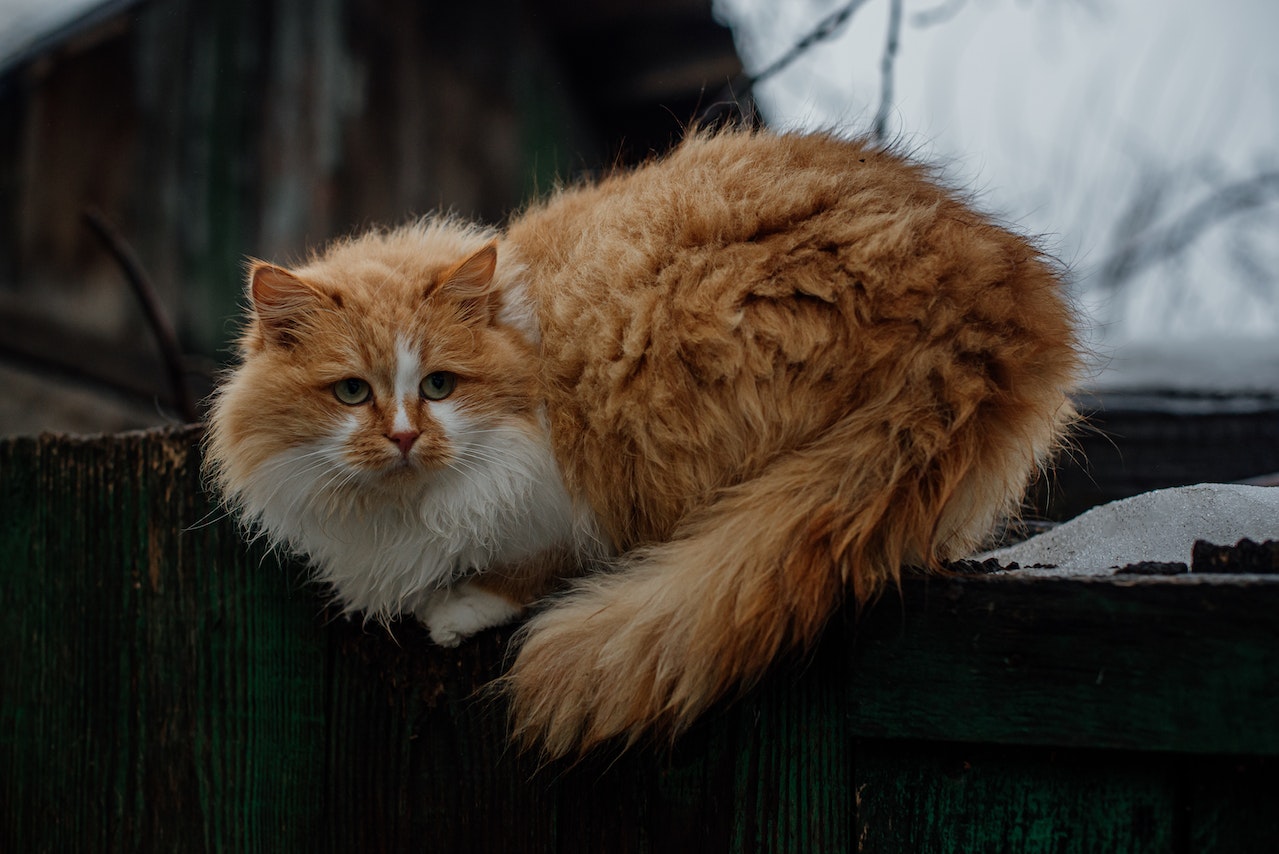Our four-legged companions come in all shapes and sizes. For many feline enthusiasts, large cat breeds carry the appeal of a unique blend of independence and affection, making them ideal companions. And from coat to personality, each one is so unique! This is more than just random chance — genetics is a key influencer of their size, temperament, and health, shaping the essence of these majestic felines.
A Glance at Feline Genetics
As with any other animal, understanding large cat breeds begins with their DNA. Your cat’s genes are the architects of its existence, dictating its breed, physical attributes, and even the potential for certain health conditions.
Cats inherit genetic information from their parents, creating a unique combination that defines their breed characteristics. Yet, genetics doesn’t stop at breed determination; it weaves a complex web of hereditary traits, including those that predispose your feline friend to specific health issues.
Common Health Considerations for Large Cats
As we continue our journey into the world of large cat breeds, it’s essential to shed light on the health considerations these majestic felines may face. Just as genetics shapes their size and personality, it also holds sway over their susceptibility to specific health issues.
While each breed is known for different conditions, a few common health concerns for large cat breeds include heart disease, pyruvate kinase (PK) deficiency, and obesity. These conditions, if left undetected and untreated, can significantly impact your furry friend’s quality of life. However, there is hope. Early detection and prevention are key to ensuring your large cat enjoys a long, happy, and healthy life.
Genetic Testing for Large Cat Breeds
When it comes to anticipating the long-term health needs of large cat breeds, genetic testing is the key. In addition to full-breed profiles, tests are available that can check your cat’s DNA for specific markers and mutations linked to health conditions.
This testing offers two primary advantages. Firstly, it allows early detection of potential health risks, often before symptoms appear. This early insight empowers veterinarians and cat owners to take proactive measures, such as tailored diets or medications, to manage or prevent these disorders.
Secondly, genetic testing aids responsible breeding practices by providing insights into a cat’s genetic makeup. Breeders can use this information to make informed decisions, reducing the risk of hereditary health issues in future feline generations.
Know Your Cat with Orivet Genetic Pet Care
Genetic testing can provide valuable insights into your cat’s genetic makeup, including potential disease predispositions. By embracing genetic testing, you’re taking a proactive stance in safeguarding your cat’s health and ensuring a longer, happier life.
To enhance your cat’s unique care, Orivet is committed to providing you with leading DNA testing. With actionable insights and a deeper understanding of each pet, you can make smarter lifestyle choices and raise happier, healthier pets for years to come.
Building on the reputation of our industry-leading range of canine tests, our Purebred Cat Full Breed Profile was recently named the “Best DNA Test for Purebred Cats” by Women’s Day Magazine. These and others in our award-winning line of dog and cat genetic tests are excellent ways to take caring for your pets to the next level.
For more information on Orivet’s easy and affordable genetic testing, contact our team today!

